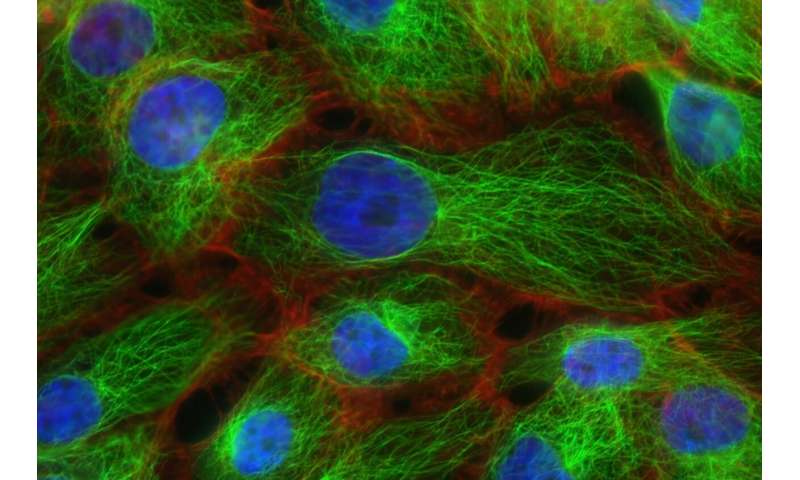
Breast cancer is the most frequent neoplasm among women, impacting 2.1 million women per year. It also has a high risk for intracranial spread. Researchers estimate that up to 30% of all patients with cancer will eventually develop brain metastases, which heralds a poor prognosis and a low quality of life
In recent years, combining two or more therapeutic agents has become a cornerstone of cancer therapy. The combinatory effect of anti-cancer drugs targets key pathways in a characteristically synergistic or additive manner.
“Advances in combination therapy have created new opportunities in cancer therapeutics, especially with regard to combatting drug resistance and tumor metastasis,” said lead author of the study Jawad Fares, MD, Northwestern University.
In the study, the authors surveyed data from clinical trials registered in clinicaltrials.gov to identify combination strategies effective specifically against breast cancer brain metastases. Of multiple combination strategies identified, those employing thymidylate synthase inhibitors, HER2 inhibitors, and microtubule inhibitors were notably more common.
The combination of trastuzumab, tucatinib, and capecitabine cut risk of disease progression or death from breast cancer brain metastases by more than half. The findings warrant investigation of mechanisms underlying effective therapeutic combinations to better understand their actions.
“The current therapeutic scene in brain metastasis suffer from lack of trials, slow accrual, inadequate trial design, scarcity of published results and positive therapeutic outcomes” Fares added. “As the blood-brain barrier poses a challenge to drug delivery, using drugs that are known to cross the barrier in combination with effective anti-cancer agents may potentiate the overall therapeutic outcomes.”
Source: Read Full Article
